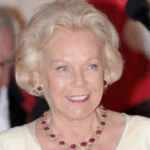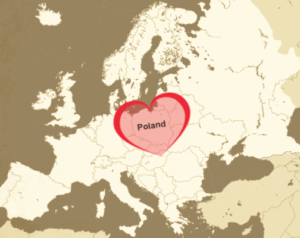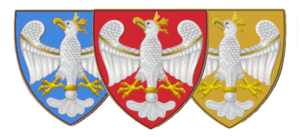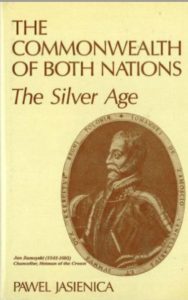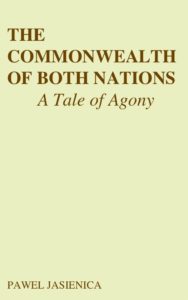 by Pawel Jasienica
by Pawel Jasienica
Translated by Alexander T. Jordan
The fifth and last volume of Jasienica’s history of Poland covers the period from the death in 1696 of King Jan Sobieski to 1797 – the partition of the Commonwealth of Poland and Lithuania by Russia, Prussia and Austria.
It was a century of struggle for political reform, culminating in the proclamation in 1791 of the Constitution of the Third of May, the first written constitution in Europe, second only in the world to that of the United States. Until then, the Commonwealth government had relied on medieval traditions. There was a parliament (called Seym), but it was paralyzed by the requirement of a unanimous vote, which meant a single veto could overrule the majority. The kings of Poland were elected following the extinction of the Jagiellonian dynasty. Chaos resulted, weakening the nation in its relations with powers ruled by absolute monarchs.
The French Revolution played a decisive role. The emperors of Russia and Austria and the king of Prussia were alarmed by it and feared that Poland and Lithuania might follow suit. Their fears were unfounded – the Constitution of the Third of May was moderate, keeping the monarchy and the rights of the nobility. The neighboring despotic rulers also feared the Commonwealth, the largest country in Europe, could again become a major power and felt they had to act fast to avert that. In response, Kosciuszko, Dabrowski, and other Polish soldiers put up a heroic struggle, but could not save their country. Poland and Lithuania lost their freedom in 1797. Their spirit remained alive, however, finding expression in the insurrections of 1830 and 1863, though independence was not won until 1918.


